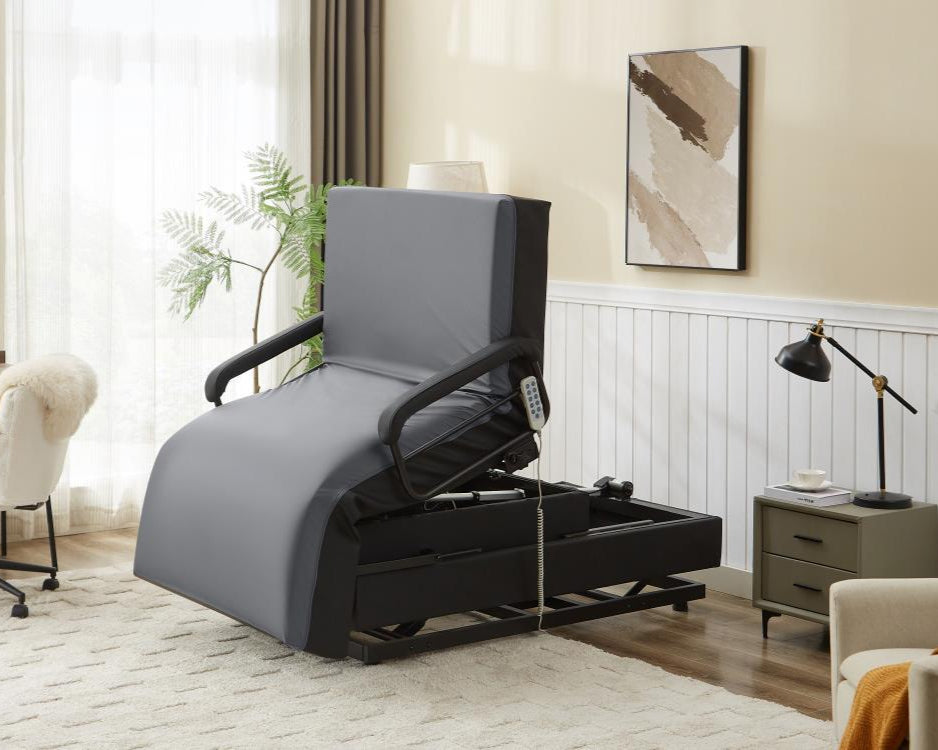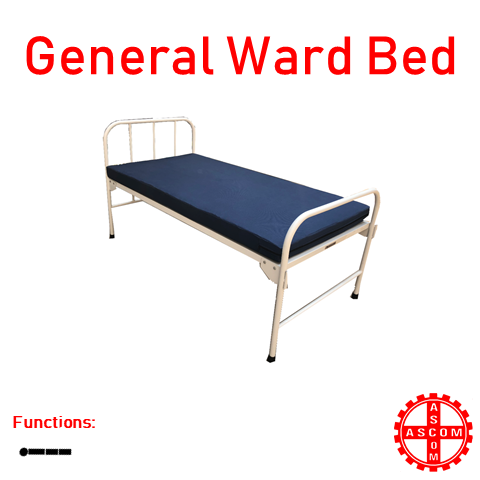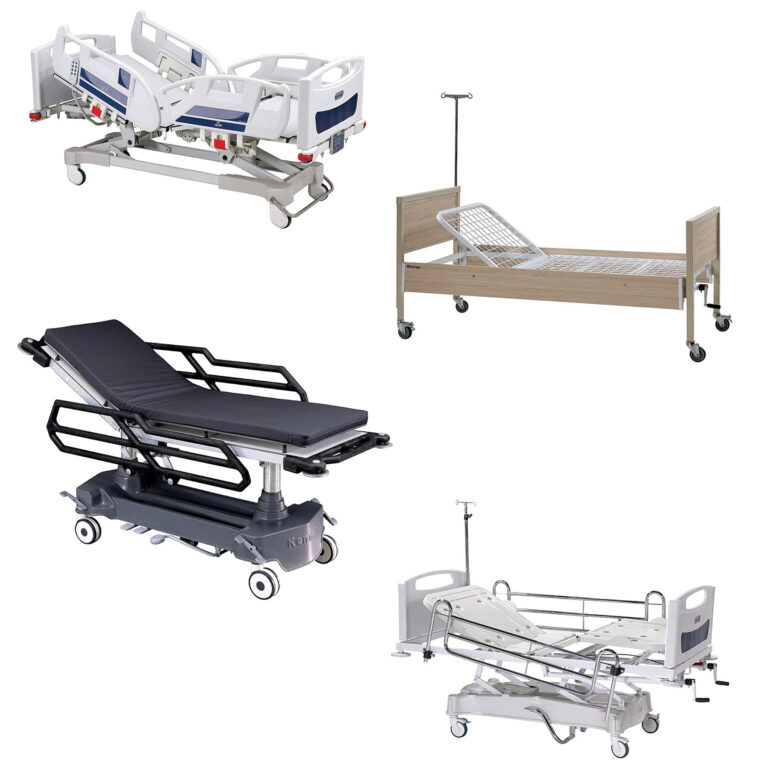More About Hospital Beds For Home Use
Hospital Beds For Home Use - An Overview
Table of ContentsThings about Hospital Beds For Home UseHow Hospital Beds For Home Use can Save You Time, Stress, and Money.Getting The Hospital Beds For Home Use To WorkNot known Details About Hospital Beds For Home Use The Ultimate Guide To Hospital Beds For Home UseThe Basic Principles Of Hospital Beds For Home Use Little Known Questions About Hospital Beds For Home Use.
There are three major kinds of health center beds: handbook, semi-electric, and fully-electric. Nevertheless, even more kinds of clinical beds exist and they are listed here. These beds make use of hand cranks to change the bed's elevation and raise and reduce the head and the foot. Hand cranks are commonly found at the foot of the bed and need a person that is physically efficient in operating.
Semi-electric beds have an electric motor to increase and lower the head and foot parts of the bed (hospital beds for home use). Full-electric beds have an electrical motor that can elevate the head and foot sections of the bed as well as the whole height and positioning of the bed.
A Biased View of Hospital Beds For Home Use
There are a number of types of hospital beds, each developed to satisfy details person demands. Here are some usual types: This is the most typical type of health center bed, created for general medical use.
Lower to the ground than a conventional bed. This type of bed is designed for bigger individuals, with a larger structure and higher weight ability than a conventional bed.
This sort of bed is designed for critically ill individuals who require open surveillance and specialized clinical tools such as ventilators and infusion pumps. This sort of bed is created for usage throughout labor and shipment, with adjustable positions and features to support the mother and baby throughout the birth process.
Top Guidelines Of Hospital Beds For Home Use
Multiple feature and the accessories perform broadening traction to various components of the vertebra and the extremities without moving the human body. These are simply a few instances of the kinds of hospital beds available. The certain kind of bed made use of will depend upon the client's problem, medical needs, and other aspects.
Here is the thing you need to know. A one-function health center bed is a medical bed that allows a patient to relocate only the head or foot area up or down. A 2 function hospital bed typically describes a kind of clinical bed that has two flexible functions to aid clients in medical facilities or treatment facilities.

The Main Principles Of Hospital Beds For Home Use
A 7-function ICU bed is a kind of clinical bed that provides several adjustable functions to support critically sick individuals in a critical care unit (ICU) (hospital beds for home use). The 7 features typically include: Backrest modification: The backrest can be gotten used to different angles to help the patient stay up or relax comfortably
Height adjustment: The bed can be elevated or decreased to make it less complicated for people to enter and out of bed, and for caretakers to provide treatment. Trendelenburg position: The entire bed can be tilted to advertise blood circulation and blood circulation in the body. Reverse Trendelenburg placement: The bed can additionally be slanted in the opposite direction to advertise blood circulation and flow in the upper body.
1. What Size is a Medical Facility Bed? 2. Exactly how Much Does a Medical Facility Bed Expense? 3. Why Do Health Center Beds Have Side Bed Rails? 4. What Are The Main Hospital Bed Components?. While even more inexpensive than electric models, these beds require exertion for modifications. The primary advantages of hand-operated beds are their cost and reliability, as they do not depend on electrical power. However, the demand for hands-on effort can be a constraint in circumstances where quick changes are needed or where caretakers face physical challenges.
Hospital Beds For Home Use Fundamentals Explained
They are well-suited for people who call for marginal rearranging for comfort or medical needs. Semi-electric healthcare facility beds provide an equilibrium of handbook and electrical controls. The head and foot sections are commonly adjusted with electric controls, while the elevation is changed manually. These beds offer a suitable center ground in between manual and completely electric options, using ease of use without the complete price of electric versions.
Semi-electric beds are well-suited for individuals who require modest changes to the head and foot sections however can manage without frequent elevation adjustments. This makes them an affordable option for those looking for convenience and benefit without the requirement for continuous repositioning. Completely electric healthcare facility beds feature electrical controls for seamless changes to the height, head, and foot sections.
Specialized hospital beds, such as ICU beds, lasting treatment beds, and bariatric beds, are meticulously made to attend to specific clinical demands. These beds offer customized take care of varied individual groups, boosting both results and convenience. In the complying with sections, we will discover the primary kinds of specialty hospital beds, detailing their certain benefits and applications.
With years of experience in producing electrical direct actuators - hospital beds for home use and close cooperation with the healthcare sector, TiMOTION is well-positioned to offer reputable medical care services. Our up and down wikipedia reference integrated business takes care of every step of the production procedure, from design to actuator setting up, you could look here guaranteeing we deliver phenomenal value and personalized remedies tailored to your certain demands
The Only Guide for Hospital Beds For Home Use

For more information about incorporating these technologies right into your products, call us today. Further analysis:.
Data is sourced from the Medicare Price Report.

Get This Report about Hospital Beds For Home Use
A healthcare facility bed is a bed made particularly for medical objectives. It is not only a location for individuals to rest, but additionally a system for medical procedures. Unlike average home beds, medical facility beds usually have flexible functions, which can help with medical team to make different adjustments according to the needs of people, such as altering the height, disposition, and support angle of the back and legs of the bed.